SC Humanities is pleased to announce that eight new speakers have joined the Speakers Bureau: Humanities Out Loud program. Offering a variety of interesting programs from “Pat Conroy’s Reverence for Teaching” to “Music and Politics” to “How Shirley Temple Changed America,” these eight scholars are available to speak for public audiences at nonprofit organizations or public institutions across the state. The Speakers Bureau program is one of the longest-running and most popular programs offered by SC Humanities.
The eight new speakers are:
 Debra Conner
Debra Conner
Debra Conner has worked as a Chautauqua performer since receiving a grant from the National Endowment for the Arts to develop a portrayal of Emily Dickinson in 1997. She has appeared in almost every state Chautauqua program, including 10 tours with Ohio Chautauqua. In addition, she has appeared at the Forbes Gallery in NYC, the Baltimore Museum of Art and the Margaret Mitchell Museum in Atlanta. For many years, prior to her recent move to SC, she worked as an Artist-in-Residence for the Ohio Arts Council, the WV Arts Commission and as a faculty member of several colleges. Her degrees are from the University of Virginia (BA in English) and Warren Wilson College (MFA in Creative Writing.) Debra Conner presents in-character, Chautauqua-style presentations that include a monologue, a question & answer session in character, followed by a question & answer session out of character. All programs are about 60 minutes in length.
Emily Dickinson, legendary reclusive poet from Amherst, Massachusetts. Although virtually unknown during her lifetime, Dickinson is now considered one of the greatest poets who ever lived. Her path to publication and her wit will surprise. Prepare to be entertained by her views on everything from cats to religion.
Margaret Mitchell, author of Gone With the Wind, a book that has influenced the way Americans view the Civil War. Mitchell was a reluctant celebrity and a brilliant storyteller. Few people know that her gifts to Atlanta’s historically black college, Morehouse, still fund scholarships for medical students there.
Edith Russell, Titanic survivor. Fashion designer and journalist, flamboyant Edith Russell, loved the limelight. As a first class passenger on the doomed ship, she required a first class cabin for herself and a first class cabin for her clothing. Her vivid, first-hand accounts of the sinking are spellbinding.
 Jonathan Haupt
Jonathan Haupt
Jonathan Haupt is the executive director of the Pat Conroy Literary Center and the founding director of the Pat Conroy Literary Festival. As the former director of the University of South Carolina Press, Haupt created, with the late Pat Conroy, the Story River Books original fiction imprint, named by Garden & Gun magazine as “one of the top ten things to love about the South.” Haupt’s book reviews and author interviews have appeared in the Charleston Post & Courier. the Beaufort Lowcountry Weekly, and the Pat Conroy Literary Center’s blog Porch Talk. He serves on the boards of the South Carolina Academy of Authors and the Friends of South Carolina Libraries. He has moderated panels and presented on topics of small press and university press publishing, literary arts partnerships, and the writing life of Pat Conroy at writers conferences, library conferences, book festivals, libraries, and schools. With novelist Nicole Seitz, Haupt is coeditor of the anthology Our Prince of Scribes: Writers Remember Pat Conroy.
Pat Conroy’s Reverence for Teaching
“The great teachers of the world fill you up with hope and shower you with a thousand reasons to embrace all aspects of life.”—Pat Conroy
This presentation explores best-selling author Pat Conroy’s transformational years as a student at Beaufort High School and later as a teacher at BHS and on Daufuskie Island. Included are audio and video clips, photographs, and both published and unpublished excerpts by and about Conroy (1945-2016), the best-selling author of a dozen novels and memoirs, including The Water Is Wide and The Prince of Tides.
“I Was Born to Be in a Library”: Pat Conroy’s Great Love of Libraries
“A library could show you everything if you knew where to look.”—Pat Conroy
This one-hour presentation on best-selling author Pat Conroy’s lifelong love of books and libraries focuses on the roles public libraries, school libraries, and Pat’s own personal library played in his writing life. Through video and audio clips, photographs, and published and unpublished writings by and about Conroy, this discussion welcomes attendees into the book-filled world of one of America’s most beloved writers.
 Susan Kammeraad-Campbell
Susan Kammeraad-Campbell
Susan Kammeraad-Campbell is the publisher and editor in chief of Joggling Board Press and creator and producer of Storyboard America, a podcast being piloted in South Carolina in partnership with S.C. Public Radio. She is the author of “Edisto River: Black Water Crown Jewel,” winner of seven national awards, and “Doc: The Story of Dennis Littky,” which became an NBC movie of the week called “A Town Torn Apart.” She has served as lead editor of 34 books, many of which have won multiple literary and design awards. Joggling Board Press is a teaching press, and, over the years, Susan has mentored more than 30 interns and apprentices.
Storyboard America/Storyboard South Carolina. Susan offers programs that share the power and accessibility of capturing a single moment of one’s life, writing it in short form and recording it. Through funding support from the S.C. Humanities Council, Susan has produced more than 30 four-minute Storyboard broadcast-ready moments featuring the stories and voices of South Carolinians. The program shares stories and ways to write your own.
“Edisto River: Black Water Crown Jewel” The Edisto River, the longest free-flowing black water river in North America, is one of the most important rivers in the world, a force of life for the Atlantic Ocean. The river is entirely contained in South Carolina and is under threat. Susan spent eight years in the making of “Edisto River: Black Water Crown Jewel,” working with nature photographer Larry Price and co-author Rosie Price. The making of the book, a winner of seven national awards, was a journey of its own, an experience that profoundly changed the lives of the three people who created the book.
 Eric J. Lapin
Eric J. Lapin
Dr. Eric J. Lapin is Director of Artistic Initiatives for the Brooks Center for the Performing Arts and a Lecturer of Music in the Department of Performing Arts. He teaches courses in applied clarinet, arts administration, and jazz history. Dr. Lapin holds Bachelors and Masters degrees in Clarinet Performance from the University of South Carolina and a Ph.D. in Higher Education Leadership from Clemson University. He is a member of Pi Kappa Lambda, the College Music Society, the National Association for Music Education, the Humanities Education and Research Association, the Jazz Educators Network, and is an honorary brother of Kappa Kappa Psi. As a clarinetist, Dr. Lapin has performed with the Piccolo Spoleto Festival Orchestra, the Spartanburg Philharmonic, the Limestone College Wind Ensemble, and has given solo performances for the Greenville Music Teachers Association and the 2012 Clemson University Victor Hurst Academic Convocation. Dr. Lapin has also been a featured soloist with all Clemson University student ensembles. As a clinician and private instructor, Dr. Lapin’s students have received numerous accolades, including first chair clarinet in SC All-County, All-Region, and All-State ensembles and acceptance into the South Carolina Governor’s School for the Arts and Humanities. Dr. Lapin has presented papers at numerous conferences, hosted research exhibits, published scholarly essays, and was recently named February 2017 Researcher of the Month by the Clemson University Library. In addition, Dr. Lapin also serves as a delegate to the Faculty Senate and is on the University STEAM committee.
Jazz History (including any sub-genres or individual artists)
A discussion of jazz history from its inception in New Orleans through modern day. This talk can easily be tailored to fit the interests of the particular group and can include any combination of eras/styles, a broad overview, a focus on a particular style, or on individual artists and performers. Any discussion will include in-depth historical context.
Classical Music History (including any specific artists or individual composers)
Can include specific descriptions of different eras, major works, and/or individual composers. Any talk will feature in-depth historical context and stories about major composers of the time period.
Music and Politics
An in-depth look at the relationship between political structures and musical movements. Depending upon the interests of the group, this talk can include Beethoven’s Musical Treatment from Napoleon to Hitler, Baroque Music and Absolutism, Mozart and the Enlightenment, Jim Crow and Jazz, or many others.
Arts Entrepreneurship
How should we best be preparing students for sustainable lives in the arts? This talk will look at the historical role of the arts, current education models, and the skills needed for the current marketplace.
 Kathryn Smith
Kathryn Smith
Kathryn Smith is a native of Macon, Georgia who grew up in Atlanta and Clemson. After graduating from D.W. Daniel High School and the University of Georgia, Kathryn worked at daily newspapers for 17 years as a reporter and editor. She went into nonprofit management work after that, concluding her career as executive director of the Cancer Association of Anderson, which she helped found. Since 2012, Kathryn has been a full-time writer and speaker, most notably of the book “The Gatekeeper,” the first biography of Marguerite A. LeHand, which was a finalist for the Southern Book Prize in biography in 2017. She lives in Anderson, S.C. with her husband, Leo.
Missy LeHand Tells All. Marguerite A. LeHand worked for President Roosevelt for more than 20 years as his private secretary, counselor, confidante and friend. In this presentation, Smith wears period costume and speaks with Missy’s Boston accent about her time with FDR. Mid-talk, she removes Missy’s hat, tells “the rest of the story,” and takes questions from the audience about Missy’s life and the writing of the book.
The Many Lives of Gertrude Sanford Legendre. Aiken County native and long-time Berkeley County resident Legendre lived a big life. She was a New York rich girl and debutante, equestrienne and big-game hunter, flapper and party-goer, explorer and naturalist, society bride and socialite, South Carolina plantation owner and hostess, World War II spy and German prisoner of war, philanthropist and grande dame of Charleston society and, finally, a conservationist. Follow the 20th century with Gertie, who was born in 1902 and died in 2000. Illustrated lecture.
The Marriage of Franklin and Eleanor Roosevelt. One of the first true “power couples,” the Roosevelts were leaders of tremendous influence in the twentieth century, leading America for 12 tumultuous years, from 1933 to 1945. Eleanor Roosevelt is usually credited with creating the role of the modern First Lady. However, their marriage was a difficult one, marked by betrayal, bitterness and anger—right until the president’s death. Illustrated lecture.
The Marriage of Calvin and Grace Coolidge. “Silent Cal,” who was president from 1924 to 1929, is best known for cutting the size of government, letting business have its head and presiding over the Coolidge Prosperity (which ended seven months after he left office with the stock market crash and the Great Depression.) He was also mean in every sense of the word, particularly to his gregarious and sociable wife Grace, a truly remarkable woman. Illustrated lecture.
The Women of Prohibition. Women had major roles in Prohibition, the period when it was illegal to buy alcohol in the United States, lasting from 1920 until the end of 1933. The women’s temperance movement brought it into being, a female assistant attorney general was its chief enforcer, and a New York society woman led the movement to repeal it. Illustrated lecture.
How Shirley Temple Saved America. The little actress was the nation’s top box office draw during the worst years of the Great Depression and helped Americans forget their troubles as she sang and danced away the troubles of the characters she played. She worked through her childhood, while her parents spent her money, but went on to successful later careers as a television actress and diplomat. Illustrated lecture.
 Deno Trakas
Deno Trakas
Deno Trakas is an avid tennis player with achy knees and the guardian of a terrorist puppy. And he’s famous: whenever he goes to Publix wearing his ragged work-in-the-yard clothes and crooked hat, everybody seems to know him. He’s also the Laura and Winston Hoy Professor of English and Director of the Writing Center at Wofford College. In addition to teaching, he writes fiction, non-fiction prose, and poetry, which has appeared in journals and anthologies. He’s published two chapbooks of poems, a memoir entitled Because Memory Isn’t Eternal: A Story of Greeks in Upstate South Carolina (Hub City Press), and the novel, Messenger from Mystery (University of South Carolina Press/Story River Books). He’s won five S.C. Fiction Project Prizes for short stories and an individual artist grant in fiction from the S.C. Arts Commission. He’s also collaborating with a colleague who is a photographer and art historian on a series of abstract photographs for which he writes haiku.
A Reading from and Discussion of Messenger from Mystery. Novelist Sterling Watson calls my book “a taut page-turner about love and death on the dark side of international education” featuring a “forbidden affair of an American professor and his sultry Iranian student, the Hitchcockian suspense of men and women on the run for their lives in the world’s most dangerous places, and a cast of supporting players that throbs with life.” The novel is set in Columbia, SC, and Tehran, Iran, during the hostage crisis of 1979-1981, our country’s first confrontation with radical Islam; it opens a back door view of President Carter’s presidency, his handling of the hostage crisis, and the beginning of our forty-year conflict with the Islamic Republic of Iran. This presentation can be adapted to a workshop on historical fiction.
Only Trouble Is Interesting: The Art and Craft of the Short Story. The writer Lisa Cron has said that stories are more important to human evolution than the opposable thumb–the thumb helps us to hang on; stories tell us what to hang on to. I will read a short story and discuss the essential element of conflict and its importance for readers and writers. This presentation can be adapted to a workshop on short fiction.
Running with Bulls and Revisiting The Sun Also Rises. The key scenes in the novel that launched Hemingway’s career take place in Pamplona, Spain, which is world famous for the running of the bulls every morning of the week-long Fiesta of San Fermin. As a devoted fan who had taught The Sun Also Risesfor twenty years, I decided to go to Pamplona to run with the bulls, hang out in Hemingway’s favorite bar, enjoy the festival and its cast of characters, and see for myself how Hemingway used that unique Spanish setting to create a masterpiece of American fiction. I’ll share my experiences at the festival that attracts millions of visitors and talk at length about the book that received mixed reviews when it was published in 1926 but soon became and has continued to be an international bestseller.
So We Beat On, Boats Against the Current: the Perennial Appeal of The Great Gatsby. Having studied at USC with Matthew Bruccoli, the preeminent F. Scott Fitzgerald scholar in the world, I began my teaching career with a course on Fitzgerald. It’s been the most popular course I teach, and I’m ever amazed by how the book resonates with young adults almost a hundred years after its publication. I’ll talk about what makes The Great Gatsby great.
Dickey and Finney: Two of South Carolina’s Most Distinguished Poets. A reading and discussion of poems, ranging from “The Firebombing” to “Dancing with Strom,” by these two powerful but very different poets.
 Melissa Walker
Melissa Walker
Melissa Walker, Emerita George Dean Johnson, Jr. Professor of History at Converse College is an award-winning teacher and scholar. The author or editor of nine books on Southern and women’s history, in 2007, she was named the South Carolina Professor of the Year, by the Carnegie Foundation for Teaching and CASE. Her book “Southern Farmers and Their Stories” was awarded a prestigious Outstanding Academic Title Award from Choice: Current Reviews for Academic Libraries for its overall excellence in scholarship and its value to undergraduate students. Her first book, All We Knew Was to Farm: Rural Women in the Upcountry South, 1919-1941, received the Southern Association for Women Historians’ Willie Lee Rose Prize for the best book in Southern history. Walker speaks to audiences of all ages about a wide variety of history topics.
From Plume Street to the Polls: The Women’s Suffrage Movement in South Carolina–What do a small-town doctor’s wife, a Connecticut-born governor’s wife, an upper-class but down on her luck Charleston stenographer, and the first woman licensed to sell real estate in South Carolina have in common? They fought tirelessly to gain women’s right to vote in the Palmetto State. As we approach the 100th anniversary of women’s suffrage, learn more about the South Carolina women who led that struggle.
Chaos in the Backcountry: The American Revolution as a Civil War–The American Revolution in the South is the South’s forgotten war, and it was a true civil war. Much of the fighting in the South took place in the southern backcountry, that frontier area 50-200 miles from the coast, and most of the fighters were ordinary backcountry settlers–some of them Loyalists and some of them Patriots. Learn more about America’s first civil war as it was fought in the Carolina backcountry.
The Battle of Kings Mountain: First Link in a Chain–In October 1780, backcountry men from North and South Carolina, Georgia, Tennessee, and Virginia marched over the mountains to confront British commander Patrick Ferguson who had threatened to lay waste to their homes “with fire and sword.” British General Henry Clinton would call the remarkable Patriot victory at Kings Mountain the “first link of a chain” of disasters that led to the British defeat in the American Revolution.
Southern Farmers and Their Stories: Twentieth Century Transformations in Southern Agriculture–Drawing on oral history accounts from more than 500 rural Southerners, this talk tells the story of the changes in southern farm life in the 20th century.
 Liz Gilmore Williams
Liz Gilmore Williams
Liz Gilmore Williams worked as a writer and editor for more than 20 years in Washington, DC for two offices of the U.S. Congress and other organizations. Her essay, “April Love,” won an award in 2014 for creative nonfiction from the Virginia Writers Club and was published by the Indiana Voice Journal in February 2015. Four other essays have been published in online literary magazines. Her first book, No Ordinary Soldier: My Father’s Two Wars, was published in December 2016. Ms. Williams earned an MA in American studies from the University of Maryland and belongs to the South Carolina Writers Association. A former flight attendant, she and her husband have traveled to more than 50 foreign countries.
No Ordinary Soldier: My Father’s Two Wars
Liz Gilmore Williams uses period photos, a map, and selected passages from her book, No Ordinary Soldier: My Father’s Two Wars to describe her father’s service in the larger context of World War II in the Central Pacific, using the attack on Pearl Harbor and the contributions of the 7th Army Air Force (the same force in which Louis Zamperini of Unbroken served). She will cover such topics as the buildup of troops on Oahu, the bombing of Pearl Harbor, the island-hopping campaign, the importance of mail in World War II, and the sacrifice and contributions of everyday Americans.
SC Humanities makes the Speakers Bureau program available to nonprofit groups and public agencies at a reasonable cost. SC Humanities provides $250 towards a speaker’s honorarium. Any other costs (travel, additional honorarium) are negotiated between the speaker and the sponsoring organization. A one-page application must be submitted at least four weeks in advance of the program date. Find out more about the Speakers Bureau!
The mission of SC Humanities is to enrich the cultural and intellectual lives of all South Carolinians. Established in 1973, this 501(c) 3 organization is governed by a volunteer 20-member Board of Directors comprised of community leaders from throughout the state. It presents and/or supports literary initiatives, lectures, exhibits, festivals, publications, oral history projects, videos and other humanities-based experiences that directly or indirectly reach more than 250,000 citizens annually.

 Debra Conner
Debra Conner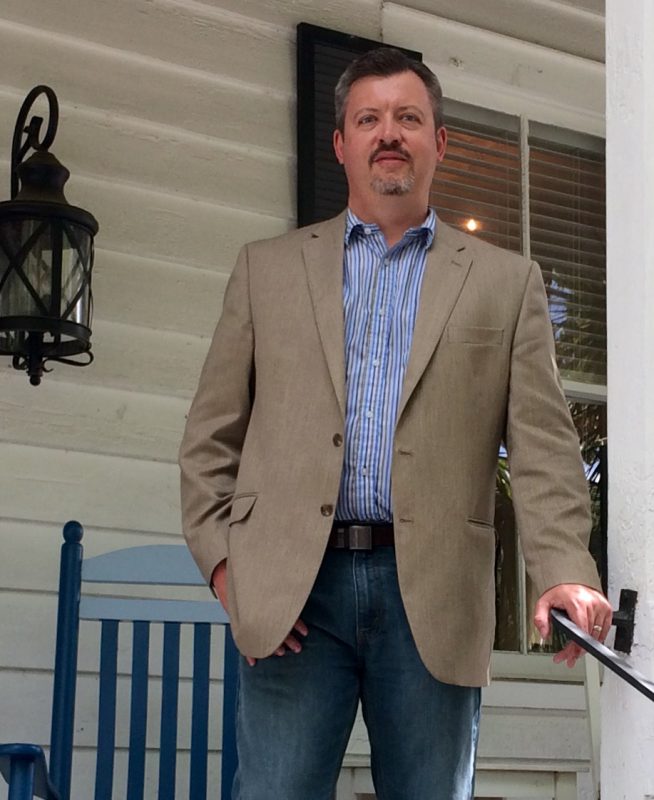 Jonathan Haupt
Jonathan Haupt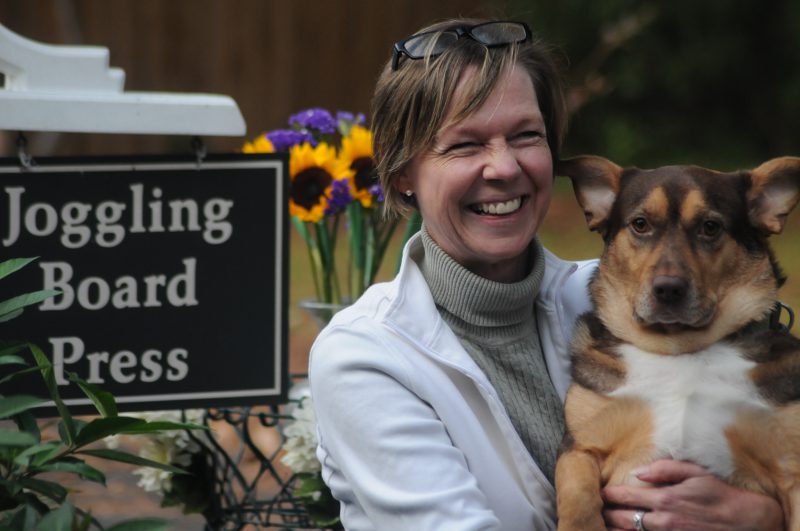 Susan Kammeraad-Campbell
Susan Kammeraad-Campbell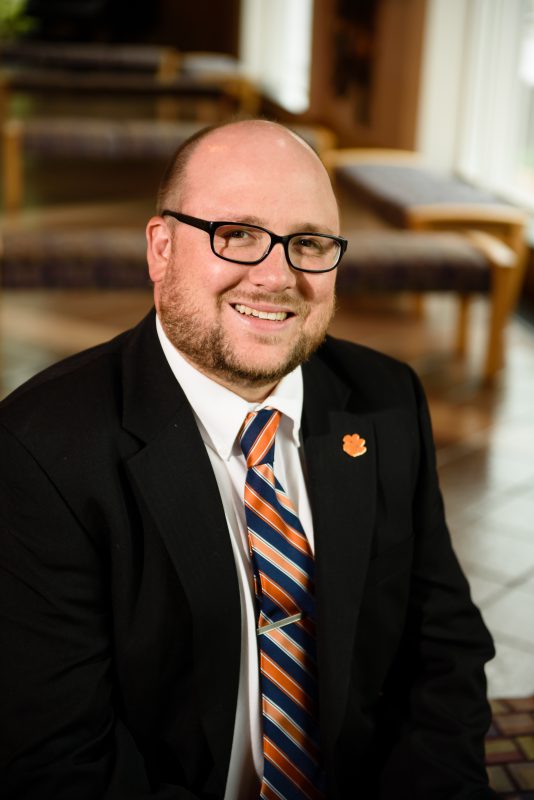 Eric J. Lapin
Eric J. Lapin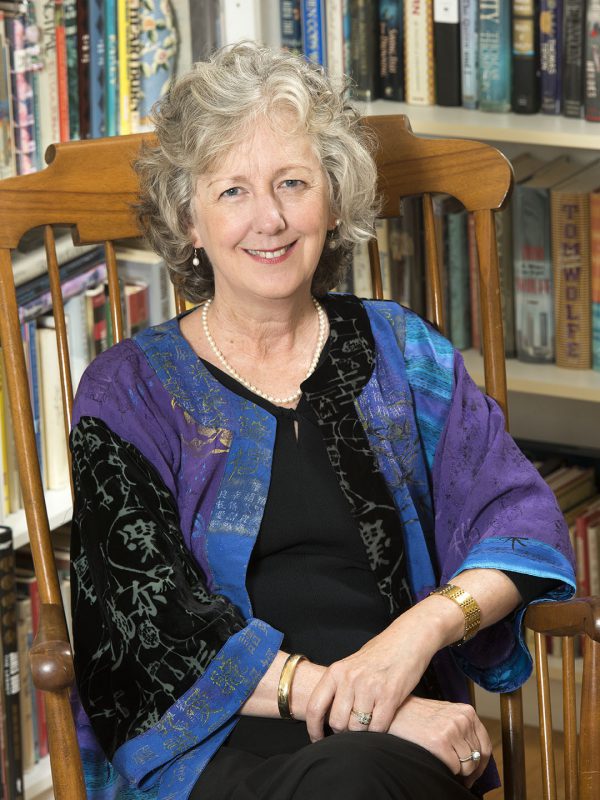 Kathryn Smith
Kathryn Smith Deno Trakas
Deno Trakas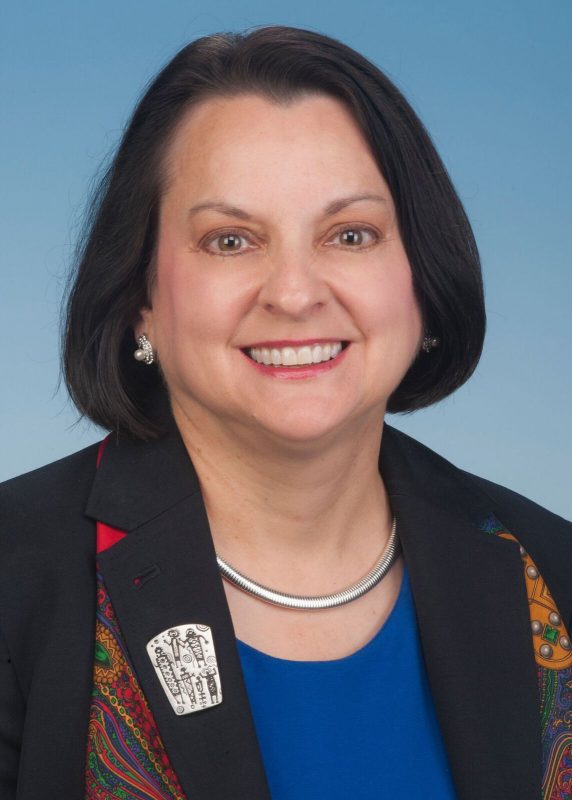 Melissa Walker
Melissa Walker Liz Gilmore Williams
Liz Gilmore Williams